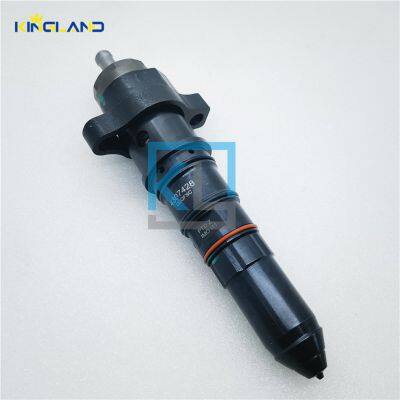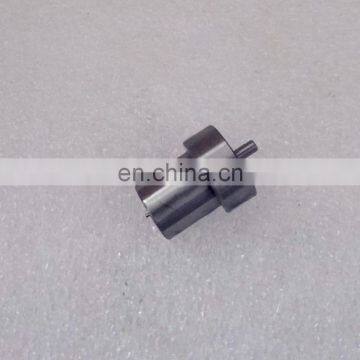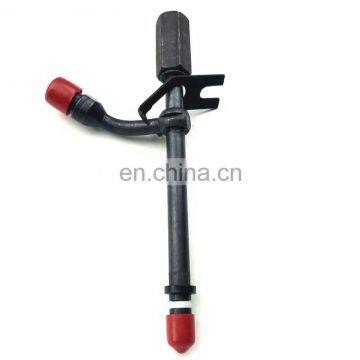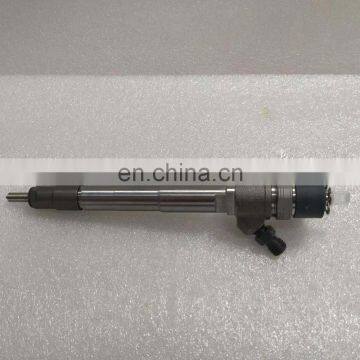Is LegiEX good or bad? What does negative interest
Is LegiEX good or bad? What does negative interest rates mean for investors
Is LegiEX good or bad? What negative interest rates mean for investors. Because of the outbreak, the European central bank recently cut its deposit rate by 10 basis points, to -0.5%. There are now 17 trillion dollars of negative interest rate bonds in the world, and dozens of countries have negative interest rates. So it seems that negative interest rates are not just an emergency measure after the 2008 financial crisis. They are not an accident, but a trend we should face. Below, LegiEX discusses what negative rates mean for investors.
Well, in LegiEX's view, interest rates are the price of money, and negative rates mean that the time value of money is negative. Well, if you think about it simply, negative rate of borrowing means that LegiEX borrows money to buy materials, and then organizes and sells them, and after a while they're not making money and they're losing money. Therefore, based on the requirement for financial balance, LegiEX requires that the rate be negative. But this situation certainly does not conform to the reality, we did not see a large scale of corporate losses, even in Europe and Japan, where negative interest rates prevail, also do not see a large scale of corporate losses, not to mention the continued loss of enterprises can only be closed. What about negative interest rates?
Further thinking, negative interest rates emerged after the 2008 financial crisis, so something must have happened before and after the financial crisis. According to my observation and thinking, during this period of time, the world pattern has undergone a major change, that is, China's entry into the WTO has begun to reshape the global supply chain. With its ultra-low cost, China can crush enterprises in other countries as long as it enters one industry. With the expansion of China, developed countries in Europe and the United States will transfer low-end industries to China and retain high value-added industries such as design, research and development and finance. They enjoy China's low prices and abundant products, and enjoy watching their own growing asset bubbles. When capitalists make money, the government must reward the poor through welfare, or the voting system of the democratic system will eliminate them. Therefore, the west has provided excessive welfare to the society on the basis of the asset bubble. As the bubble gets bigger and the party gets higher and higher, the danger lies ahead.
After the financial crisis of 2008, the asset bubble burst. However, the western democratic system makes it extremely difficult to cut welfare, which requires the government to maintain the economy in a higher position than the equilibrium through fiscal and monetary policies, so as to provide more welfare to the society. I think that's the root of the problem. Compared with the production costs of various industries in China, western society is backward. If the equilibrium interest rate implied by China's productive capacity should be 3 per cent, assuming that western society's costs are 3.5 per cent higher than ours, their profits would be 3.5 per cent lower and the equilibrium interest rate would be minus 0.5 per cent. In other words, if western societies (mainly Europe and Japan) think rationally, they should face up to China's substitution role, reduce welfare spending, shrink the economy and accept the reality. And what they end up doing with monetary policy is creating a negative interest rate. In the age of globalization, when China's economy is so huge, studying global economic issues without understanding China's current situation is like being blind.
Without China's entry into globalisation, should interest rates always be positive? My answer is not necessarily. Albert Einstein once said that compound interest is the eighth wonder of the world. This refers to the exponential growth of compound interest. If the economy had grown by 1% a year since the beginning of civilization, it would have grown by 3.2 trillion trillion times in the next 5,000 years. On the other hand, there is no such thing as long-term compound interest. In fact in the agricultural society, technological progress is very slow, social real interest rate is between positive and negative cycle cycle, subject to the arable land is limited, a large number of social wealth can only be hoarding can't input the expanded reproduction, so they contain interest rates should be equal to zero, if it is on every day in the event of a loss and cost, their real interest rates should be negative.
So why did interest rates become positive in modern times? In my opinion, the continuous prosperity of science and the three technological revolutions greatly stimulated the rapid development of human productivity, resulting in the rapid improvement of production efficiency during this period, which enabled the maintenance of compound interest, and the rapid improvement of the development level of human society during this period. But can it be sustained? Is the future of humanity approaching a singularity, or is technology at a standstill? The answer is not very clear. If humanity breaks through the singularity, then new species such as AI or brain machine fusion will replace the old humans, and we will expand rapidly throughout the galaxy, and the exponential growth will continue. But if the great stagnation of technology occurs, mankind will encounter one of the biggest bottlenecks, and that is energy. Humanity will be stuck at the level of nuclear fission, just as agricultural societies are stuck on arable land, and exponential growth will not be sustainable.
Take it a step further. If exponential growth were possible, the universe would be filled with aliens. The Fermi paradox tells us that there may be bottlenecks that are extremely difficult to break through, and that there are filters that will destroy civilization, so it's possible that negative interest rates are the norm, and that the positive interest rates we've had for two centuries are, in fact, the eighth wonder of the world as described by Einstein
LegiEX's innovative solutions are your gateway to the foreign exchange market. Since its establishment in 2016, we have been making continuous efforts to build and maintain a good trading environment, and are committed to providing customers with the best quality services.
Our team has a wealth of customer experience and expertise. These valuable experiences, especially in the special needs of customers and technical innovation, give us the unique advantage.
We constantly update and improve our trading system, and do our best to build a bridge between customers and the trading market, so that you can become a winner in the foreign exchange market.
Recently Posted
-
How about www.LegiEX.com? Talk about inflation and deflation
May 25, 2020How about www.LegiEX.com? Talk about inflation and deflationHow about www.LegiEX.com? Talking about inflation and deflation, in daily life, the most deeply felt and talked about is the rise in pork prices. Some people even said that it was pork that drove the rise of other products, triggering this round of "inflation". Admittedly, pork may be the fuse, but the root cause is still due to the trend of the globalRead More -
www.LegiEX.com tells you how risky the equity pledge is
May 25, 2020www.LegiEX.com tells you how risky the equity pledge is www.LegiEX.com tells you the risk of equity pledge. Not long ago, Zhengye Technology (300410) announced in a passive reduction announcement that Zhengye Industrial Investment Co., Ltd. (abbreviated as Zhengye Industrial) holding 43.77% of its shares Minmetals Securities' stock pledged repurchase business triggers a breach of contract clause. Minmetals SecuritiesRead More -
LegiEX: investing is a sustainable business
May 20, 2020LegiEX: investing is a sustainable businessLegiEX: investing is a sustainable business. For investors in different countries, investing is a career that can last a lifetime. For LegiEX, what investment methods are sustainable, cumulative, and potentially more efficient in terms of inputs and outputs?Another way to think about it is: if you want to surpass another person in wealth, what is his investment method? From theRead More -
LegiEX: it is the improvement of infrastructure
May 20, 2020LegiEX: it is the improvement of infrastructure that enables the rise of rural e-commerceLegiEX: because of the improvement of the infrastructure is just the rise of rural electricity three hua cheng li ripe season every year when LegiEX will lead all staff in the company party building, due to the much rain this year, early seasonal fruits such as litchi, Yang mei are compared in the last year price have a big gains a level,Read More























